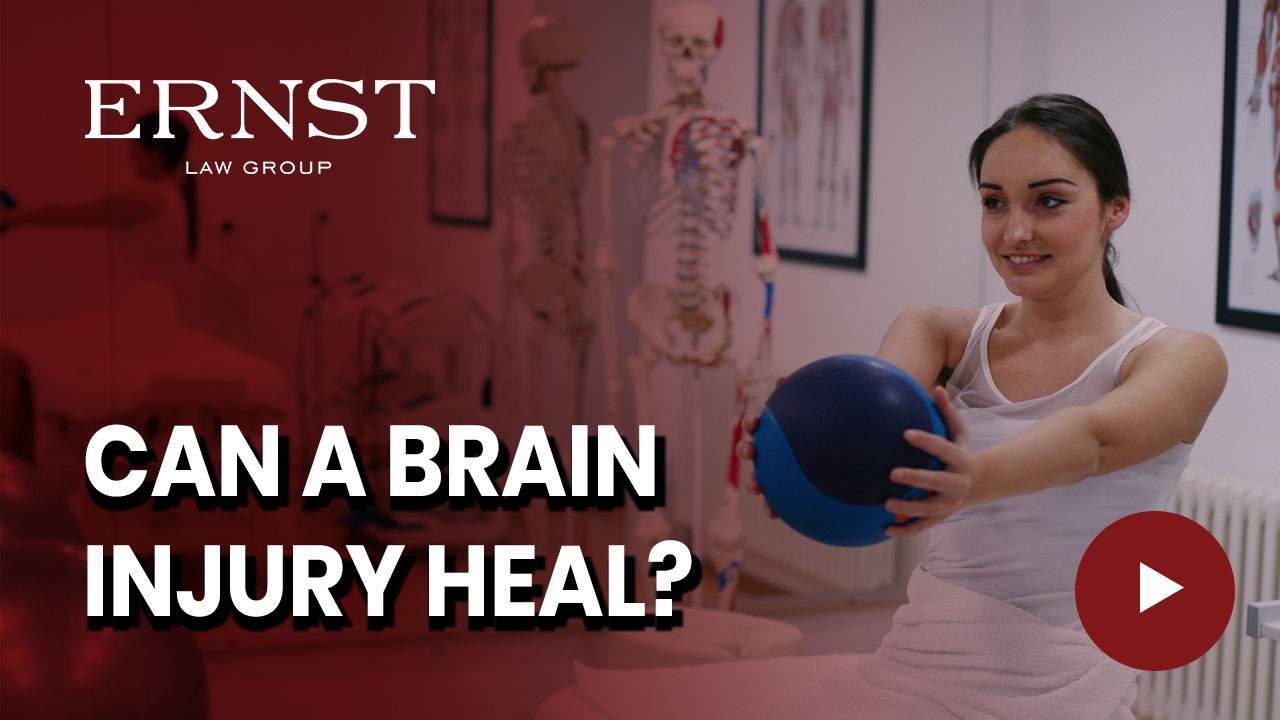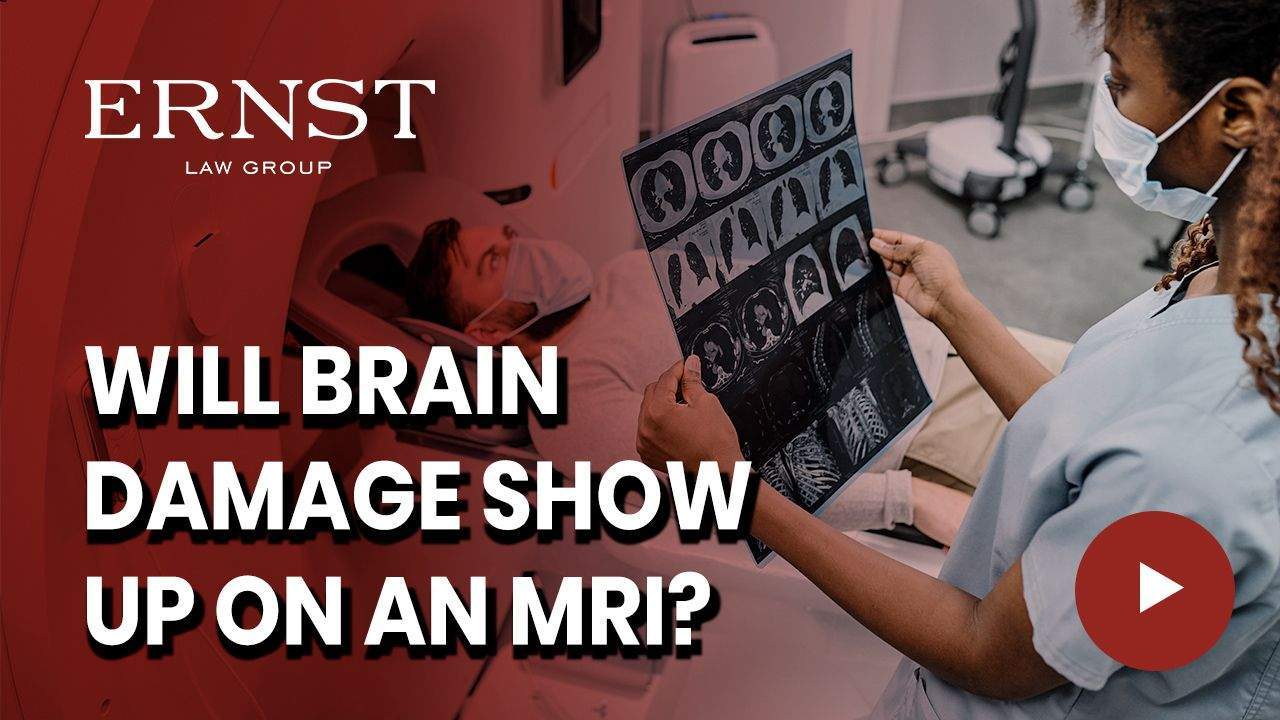Transcript:
I wanted to talk about visual disorders related to traumatic brain injury. There’s quite a few difficulties that people have after they’ve had a traumatic brain injury. Sometimes it’ll be sensitivity to light, meaning if you’re in a room, they say, “Hey, the lights are too bright. Please turn them off. I don’t want them.” Sometimes people adjust to it by wearing sunglasses. They’ll wear sunglasses, not only outside, but they’ll wear them inside, in dark rooms. They’ll bring their sunglasses to movies. They’ll watch TV with sunglasses. That’s something that is a classic sign of having some difficulties with their eyes after resulting from a traumatic brain injury.
The reason is, if you look at the side of my head, the optical nerve goes into your brain and where it goes in, sometimes if there’s enough force on the brain, the optical nerve will get stretched or harmed in some way that it doesn’t make you lose your sight. It just makes your eyes have some difficulty with some very specific things that often line up with a traumatic brain injury. Being too sensitive to light is the first one.
The next is sometimes you’ll develop a difficulty keeping your eyes level or tracking things. It’s called a nystagmus. Basically, it’s what doctors test for when they move the light back and forth in someone’s eyes. Someone who suffered a traumatic brain injury, sometimes their eyes will skip or go back and forth more quickly. It is a sign that their eye-tracking doesn’t work as well anymore. It’s something that is related to some part of cognitive component in our brain. If they’re having some type of visual disorder as a result of the traumatic brain injury, there’s a specialist that deals with it. There’s not that many of them in California, but they’re very talented at trying to figure out how to address these issues that result in vision changes as a traumatic brain injury.
If you have a loved one or someone, or even yourself that suffered a traumatic brain injury, you always want to ask has your vision changed? That’s all you have to ask and they’ll go, “Well, maybe not.” But sometimes they’ll say, “Yeah, I’m sensitive to light. I feel like my vision’s got worse. I feel like I might need glasses.” Or they’ll say, “Hey, my prescription is way off. I just got checked two weeks ago and I was fine. Then I have suffered this incident and all of a sudden I need to go get my glasses fixed.” or, “My contacts aren’t right anymore.” You’ll hear that again and again. It’s because there’s slight vision changes that occur after the traumatic brain injury. What do you do about that?
The doctor you really want to go see is someone called a neuro-ophthalmologist. There’s a number in Los Angeles, San Francisco, throughout other different big cities. Sometimes they’ll even be in small cities, but they focus on the neurological disorder underlying the traumatic brain injury that’s causing rise to the eye issues.
An additional eye disorder is they’ll sometimes feel like their eyes aren’t right, and they feel off balance because of how they see everything afterwards. There’s a way to solve that. It’s called prism lenses. They’re glasses that actually are a little bit canted, have a prism in them. They have a different type of specialty lens, depending on the severity of the traumatic brain injury and what some of the testing shows. You can get glasses that help remove the dizziness and difficulty walking because they put a prism in that makes it easier for someone with a traumatic brain injury and some of these eye issues to get around, to move, to see, to feel less off balance. It’s something that our clients say again and again, “This has made the biggest difference in my life.”
Not being able to see properly and feeling uncomfortable or feeling difficulty walking around as a result is a major change to your daily life and it’s something that really needs to be addressed. Most doctors will not send you to a cognitive or a neuro-ophthalmologist unless you specifically ask. A lot of them, won’t even know what that is. It’s not an optometrist. It’s not the same type of, “I just need to go to an eye doc.” A normal eye doc will not be able to help you with prism lenses or other type of treatment for your disorder that you’re going through.
That’s something that really needs to be considered. Please, if you’ve got an issue with your eyes after a traumatic brain injury, you need to start asking about neuro-ophthalmologists, prism lenses, and what you can do to help make you feel more comfortable or your loved one more comfortable getting around. It will significantly help all aspects of their life.









